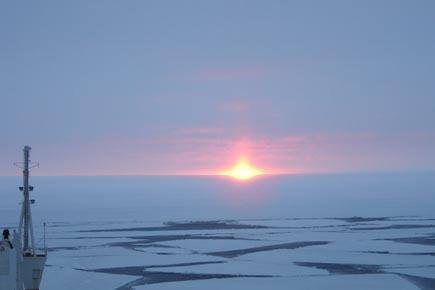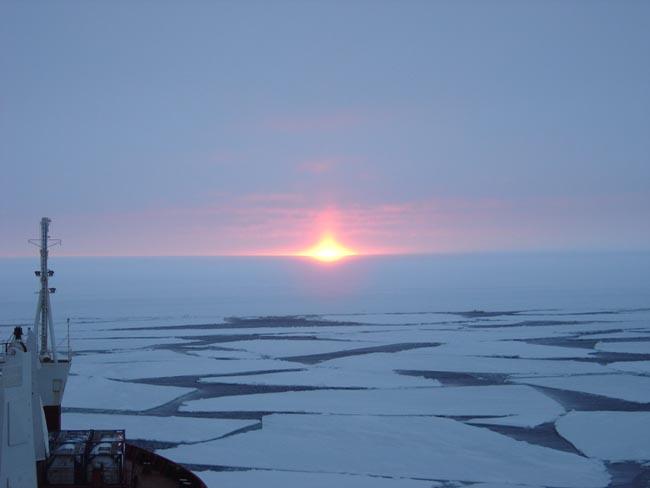Researchers bring back moss to life that was frozen for 1,500 years in Antarctic ice

London: In an exciting new insight into the survival of life on earth, researchers have brought back moss to life that was frozen for 1,500 years in Antarctic ice.
ADVERTISEMENT

Representational pic
Mosses are an important part of the biology of both polar regions.
They are the dominant plants over large areas and are a major storer of fixed carbon, especially in the north.
“What mosses do in the ecosystem is far more important than we would generally realise when we look at a moss on a wall. Understanding what controls their growth and distribution is of much wider significance,” said professor Peter Convey from the British Antarctic Survey.
In a first study to show such long-term survival in any plant, researchers observed moss regeneration after at least 1,530 years frozen in permafrost.
Mosses are known to survive environmental extremes in the short-term with previous evidence confirming up to a 20 year timescale for survival.
The team took cores of moss from deep in a frozen moss bank in the Antarctic.
They sliced the frozen moss cores very carefully, keeping them free from contamination, and placed them in an incubator at a normal growth temperature and light level.
After only a few weeks, the moss began to grow.
Using carbon dating, the team identified the moss to be at least 1,530 years of age, and possibly even older, at the depth where the new growth was seen.
“This experiment shows that multi-cellular organisms, plants in this case, can survive over far longer timescales than previously thought. These mosses could survive century to millennial periods of ice advance, such as the Little Ice Age in Europe,” Convey explained.
If they can survive in this way, then recolonisation following an ice age, would be a lot easier than migrating trans-oceanic distances from warmer regions.
It also maintains diversity in an area that would otherwise be wiped clean of life by the ice advance, he added.
This does raise the possibility of complex life forms surviving even longer periods once encased in permafrost or ice, said the study published in the journal Current Biology.
 Subscribe today by clicking the link and stay updated with the latest news!" Click here!
Subscribe today by clicking the link and stay updated with the latest news!" Click here!






